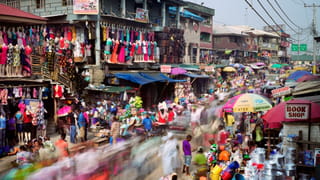At the beginning of our collective retreat from public life, most of us agreed that having to stay at home sucked and we couldn’t wait for it to be over. To help us put our privilege in perspective, some decided to frame our social isolation in a way that inspires gratitude rather than resentment. We’re not stuck at home, we’re safe at home.
“Our homes [...] have become a matter of public interest,” correspondent Lynn Berger wrote. “We’re staying inside, so that outside can become safe again.”
But the thing is, for many of us, that “outside” never was truly safe to begin with.
Public space is experienced differently by different people
For the past few weeks, Lagos has been eerily quiet. There are some shops and stalls still open near my house, and the shiny-headed teenager on the corner who inflates car tyres for ₦200 ($0.5) a pop seems as unfazed as ever. Unconsciously, I notice that the public space in my neighbourhood is even more masculine than usual. For every woman I see walking or trading despite the lockdown, there are five or six men. It makes me glad I’m in a car when I leave home. Maybe it’s the coronavirus, or maybe it’s the fact that my windows are up, but no one aggressively lobs “Hey! Fine girl! I’m talking to you!” at me.
I miss being able to go outside whenever I want, but I don’t miss the constant worrying in the back of my mind
I stop to buy fuel before going to the supermarket, at a filling station operating at only a quarter of its capacity. The people in thirsty cars are outnumbered eight to one by people who are waiting to fill jerrycans with fuel for their generators. In the heat and humidity of Lagos, it’s hard to stay at home with no power. I am the only female there.
Unsurprisingly, the crowd loudly condescends to me as I manoeuvre around some of the smaller boys holding five litre kegs, making unoriginal jokes among themselves about how women can’t drive and “who gave this small girl a car anyway?”. It annoys me more than it normally would. After a few weeks without casual sexism, I’d forgotten what it felt like to be considered as inferior in public because of my gender.
Public space, like any reality, is experienced differently by different people. I miss being able to go outside whenever I want, but I don’t miss the constant worrying in the back of my mind about what someone might say or do to me, simply because they believe they have more of a right to exist in public than I do. Every day that I spend indoors is one more day when I don’t have to deal with street harassment as I try to buy fuel or fruit, casual homophobia while out with a lover, or benevolent sexism directed at my rambunctious female child.
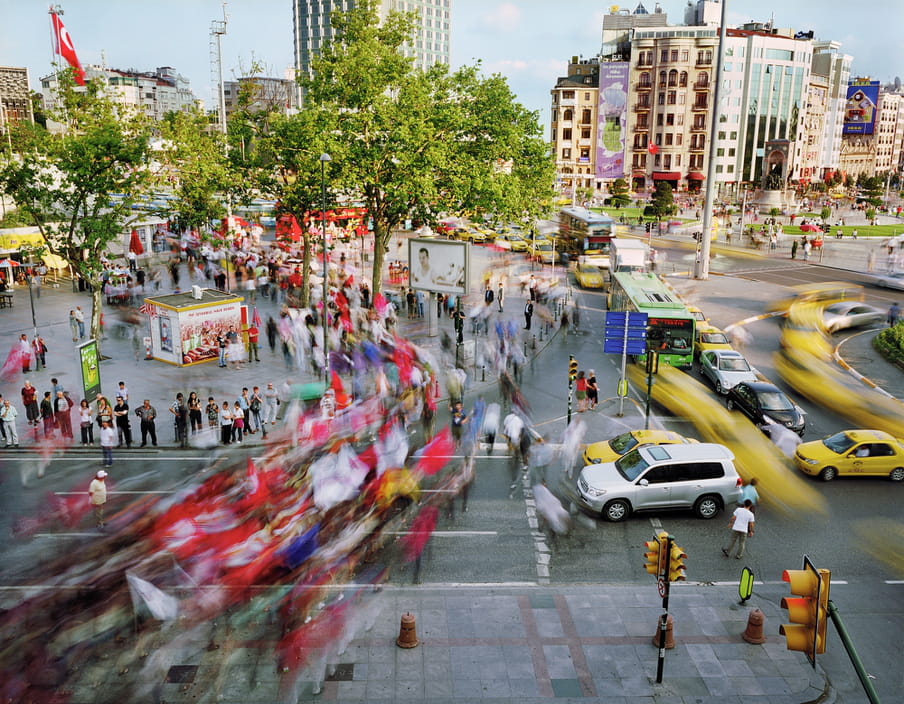
How cities became ‘homes’
In 2007, the global population crossed the threshold from mostly rural to mostly urban – an event that was centuries in the making. Today, over four billion of us are fated to live in places that initially emerged to promote not social wellbeing, but commercial activity.
The earliest cities organised themselves around agricultural production, but regional trade resulted in bustling towns springing up around rest points on the most viable trade routes. As global production grew, cities helped to aggregate and thus reduce the cost of inputs such as labour and transportation. From the 19th century onward, people increasingly left rural or peri-urban areas for urban centres in search of the kinds of work that could afford them economic security.
The city was no longer a place just to find work. It became a place where one could live a full life
In the early days of urbanisation, most people considered their relationship to cities to be temporary – or at least tenuous. The appeal of city life was purely economic, as the goal for most who migrated to them was to make money to support those “back home” and hopefully return there one day.
But as time passed, urban migrants settled into city life over multiple generations, forming habits and acquiring tastes that left them increasingly disconnected from the places and practices that had been left behind. The idea of a city as a place that could also be “home” slowly took hold. No longer was the city a place where one only went in pursuit of work. Instead, it became a place where one could live a full life as well. A life that potentially offered perennial comfort through economic stability or even wealth.
Who belongs in a city?
But the kind of work that receives economic reward in cities, and the power that comes with such reward, has never been equally or equitably distributed. If the merchant is the city’s proof of concept, the menial labourer is its bastard child, and the whore its favourite nightmare.
Throughout history, all have shared space in the city, but not all have been recognised as having the same right to it. And this kind of thinking, which defines city residents as legitimate or otherwise based on their access to wealth, gender, or the "respectability" of their labour, has not evolved much.
Throughout history, all have shared space in the city, but not all have been recognised as having the same right to it
As recently as 2016, the Lagos state government passed a law that criminalised street trading. For anyone familiar with my home city, this move can only be described as a truly absurd decision, which served to highlight the kind of economic activity Lagosians are safe to participate in. Street trading is a popular solution to both the chronic time poverty that many Lagosians endure due to the city’s hellish traffic, and the widespread unemployment experienced by the millions of residents of various ages, genders and physical abilities who do not have access to quality education, credit to set up a formal business, and other advantages.
This type of heavy-handed criminalisation is regularly applied to various sectors of the informal economy that drives the city, with the most recent example being the January ban on okada and keke, the two most widely used forms of privately-owned public transportation in Lagos. In the years leading up to this final ban, the people who offered these services were subjected to unrelenting state violence, including extortion, beatings, illegal detention, and murder.
When street trading, or sex work, or the sale and consumption of stress-relieving substances such as THC are criminalised with no regard for how essential they are to city life, it reinforces the lack of safety accorded to the people for whom these activities are the only viable option. Despite the fact that cities originally gained popularity because they offered large numbers of people the possibility of well-paid work, far too many cities remain in denial about the full scope of what “work” means.
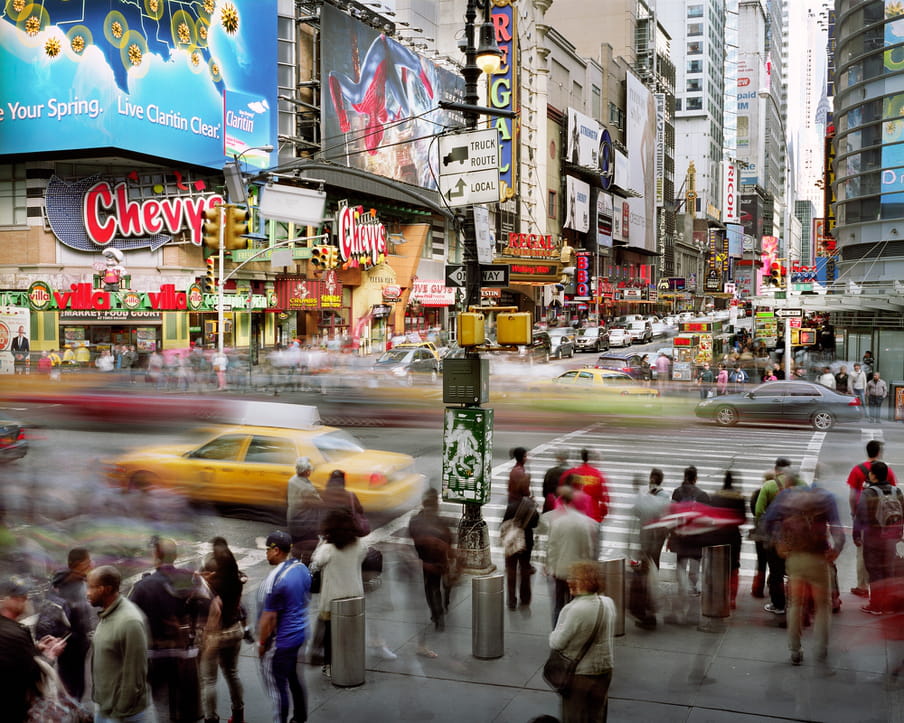
Safe, not just lucky
My grandparents moved to Lagos in the 1950s, when the city had a population of fewer than 300,000. Both of them were formally educated, but my grandmother was trained very specifically to be a teacher. Grandpa, on the other hand, got a mathematics degree from the oldest university in Nigeria and was hired by the colonial government to survey uninhabited parts of what is now the Lagos mainland for development. While my grandfather grew independently wealthy from his work, my grandmother’s long-term security in Lagos, even as a woman who worked until she was 60, came from having a generous husband.
To exist in public as a woman in a city like Lagos – and many cities around the world – is to be assumed and treated as a powerless proxy for male pleasure. Public space in Lagos is overflowing with men, a large number of whom aimlessly project their sexual desires onto every passing woman or girl. The first time a sexualised comment was directed at my daughter, she wasn’t even two yet. “Fine girl! This your bumbum is big o, is it Pampers?” Incandescent rage filled my body as I asked him who the fuck he was talking to. “Ah, why are you angry? I was talking to the baby, not you!”
I was angry for my friend who as a high-school girl spent an entire bus ride trying to keep a strange man’s hands out of her vagina
The anger I felt that day was not only for my daughter. It was also for myself at age eight, when a man grabbed my shoulder to hold me still while he ground his erect penis into my back as I waited for my mum to finish buying us suya. I was angry all over again at the penises that had been flashed at me on unlit pedestrian bridges and side roads; the time a random man painfully squeezed my breast while breezing past me at a bus stop; the hundreds of hands grabbing me while yelling “ashewo” in the market. I was angry for my friend who as a high school girl spent an entire bus ride trying to keep a strange man’s hands out of her vagina, or my other friend who screamed ancestral curses at a bus conductor who ripped her skirt, then called her a prostitute after establishing that she had no husband to report to.
Someone unfamiliar with such realities might chalk it up to a lot of bad luck. Yet, if we lived in a place that affirmed our right to exist in public, regardless of our gender, we wouldn’t have to be lucky. Instead, we would just be safe.
The shape of a city
In every city, freedoms are protected or violated, resources are distributed and civic spaces opened or closed up in ways that determine whether people are able to advance and thrive – or shrivel up and die. Urban space is a social thing, as much as it is physical. And the lack of social safety is often reflected in the physical attributes of those cities.
In June last year, my daughter and I visited Amsterdam for the first time. She couldn’t believe how many bicycles there were, and how many children freely and safely rode them everywhere. She herself had a bicycle, but until visiting Amsterdam, a bicycle was to her a thing that saw only intermittent use. In Lagos, she would ask, “Mummy, can I ride my bike on the street?” Usually, I’d reply, “Not yet, it’s not safe.” Sometimes, worn down by her begging, I let her. There was no science to it; it was always a risk, because this city doesn’t make space for play, childish adventures, or children themselves.
In Lagos, there are no neighbourhood parks where children can freely tumble around, and forget bicycle lanes – in most of the city, the roads don’t have sidewalks. Where sidewalks exist, they are often taken over by traders hawking wares in quantities that the generally underpaid commuters can afford. Roads are notoriously unregulated, with pedestrians dashing across high-speed lanes regardless of their proximity to one of the city’s few footbridges. In the absence of parks, many athletes use the stairs of these bridges to train, and others sometimes get a nice workout too as they jump out of the way of okada riders barrelling down the few overpasses designed specifically for foot traffic.
Across the city, homeless people, most of whom have chronic mental health problems, live off the mercy of God and strangers. Beggars, who fare only marginally better, display their disabilities or young children in a bid to inspire sympathy from the jaded car owners who belong to the city’s only protected class.
State security agents, on days when they have nothing better to do, chase down or round up the beggars because they’re “unsightly”. However, “mad men”, as people who are mentally ill and homeless are called, are generally left alone – sickness, starvation or a speeding car can be trusted to eventually remove them from the cityscape.
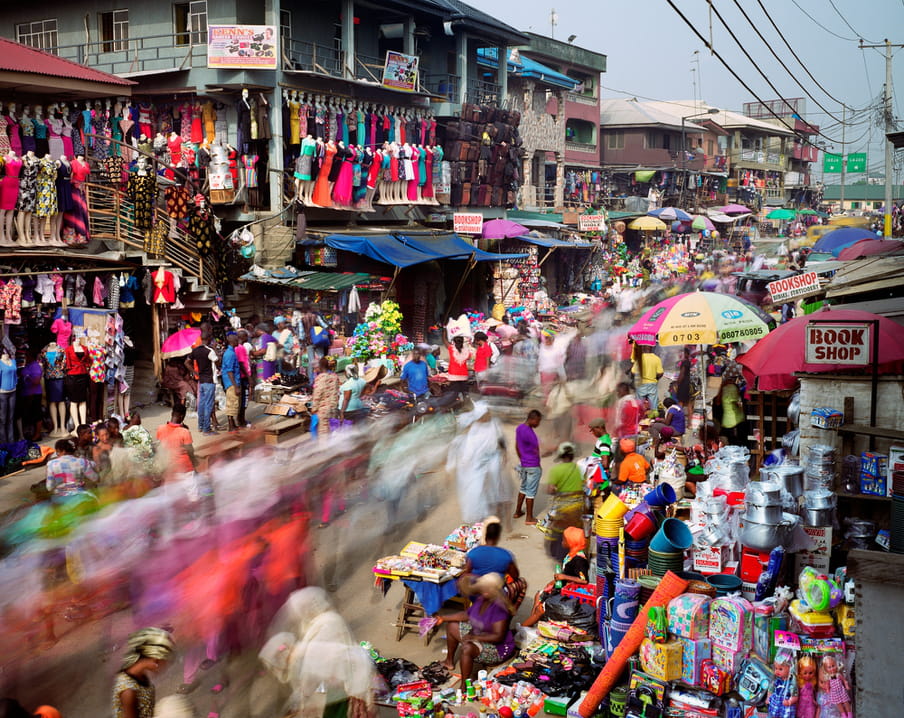
Someone has to pay the price. It doesn’t have to be those who are poor
Not long ago, I was invited by one of my grandma’s cousins for a Sunday afternoon visit. Domestic staff served us tea as we pored over old family photos in his three-storey home, located in a very upscale gated community that used to be the largest public park in Lagos. In the course of our conversation, which touched on everything from family history to trans rights, he mentioned that as a government official, he sanctioned the overnight demolition of what had been a bustling roadside market not too far from where he lived.
“It was a mess! People just set up stalls wherever they wanted; there was barely any space for cars!” he proclaimed. “You can’t just let chaos thrive. Every city has to get its priorities right – and someone has to pay the price.”
An ‘outside’ world I can unequivocally miss is one where people are able to thrive in community and solidarity
Indeed, someone does have to pay the price. But there’s no reason why that “someone” should almost invariably be marginalised people. And it’s certainly not necessary for the price paid to be fear, conditional access to safety, and a trauma-laden relationship to public space.
When I think about an “outside” world that I can unequivocally miss, it’s one where people are able to thrive in community and in solidarity, rather than being driven by the pursuit of profit and a false sense of scarcity to constantly violate one another.
We can create cities in which people are able to work, play and live all at the same time – without question or negotiation. We just have to decide, collectively, that our priority is no longer just to generate wealth for a select few, but rather to support full, safe lives for all.
Indoors, and outside.
Dig deeper
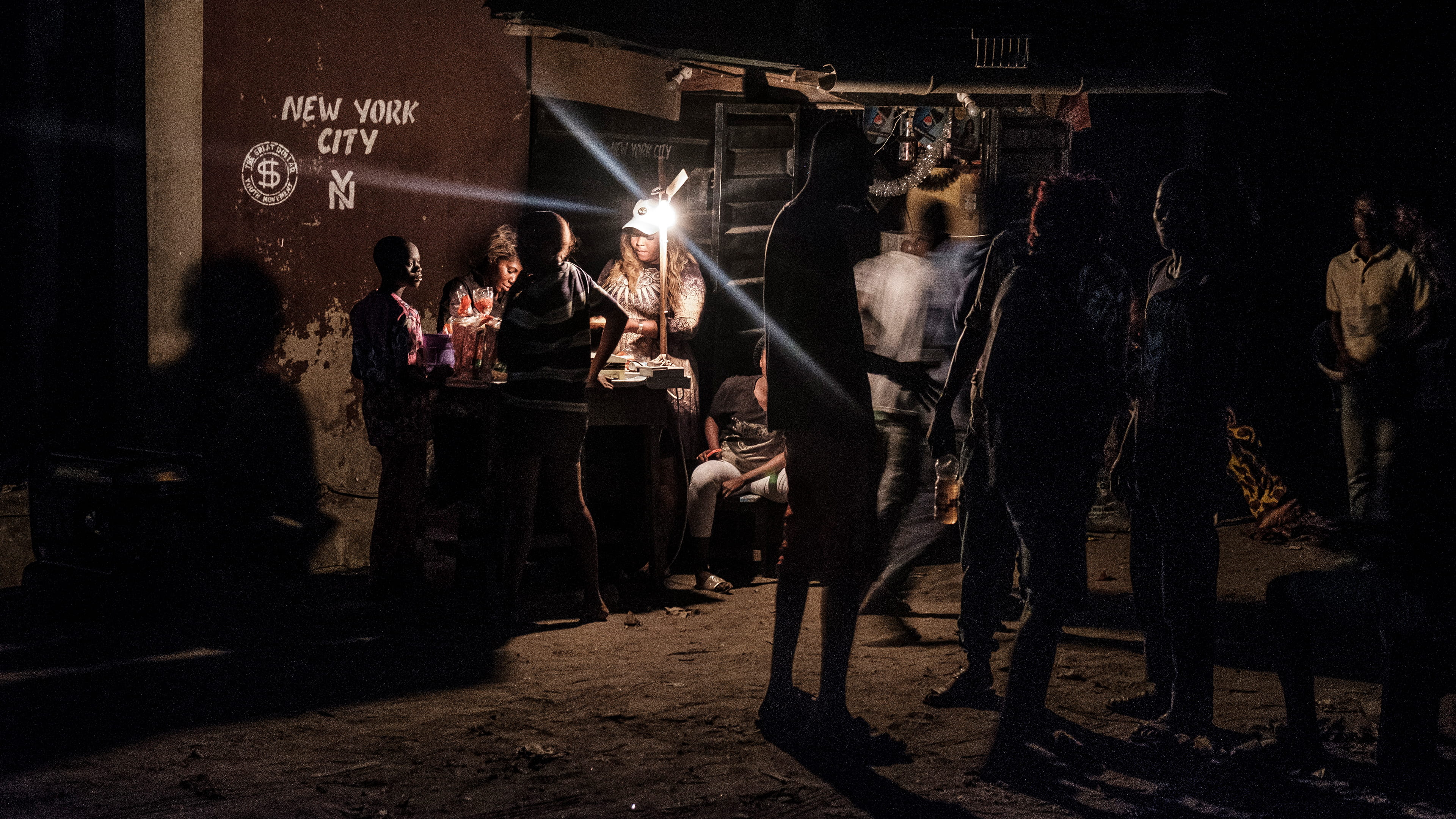 Why social distancing won’t work for us
Keep a distance from each other. Work from home. Or rely on a social safety net. The measures against the coronavirus pandemic are made by and for those parts of the world that can afford to retreat in individualism. But for millions of people in cities like Lagos, Nigeria, there’s no such thing as socially distancing yourself.
Why social distancing won’t work for us
Keep a distance from each other. Work from home. Or rely on a social safety net. The measures against the coronavirus pandemic are made by and for those parts of the world that can afford to retreat in individualism. But for millions of people in cities like Lagos, Nigeria, there’s no such thing as socially distancing yourself.
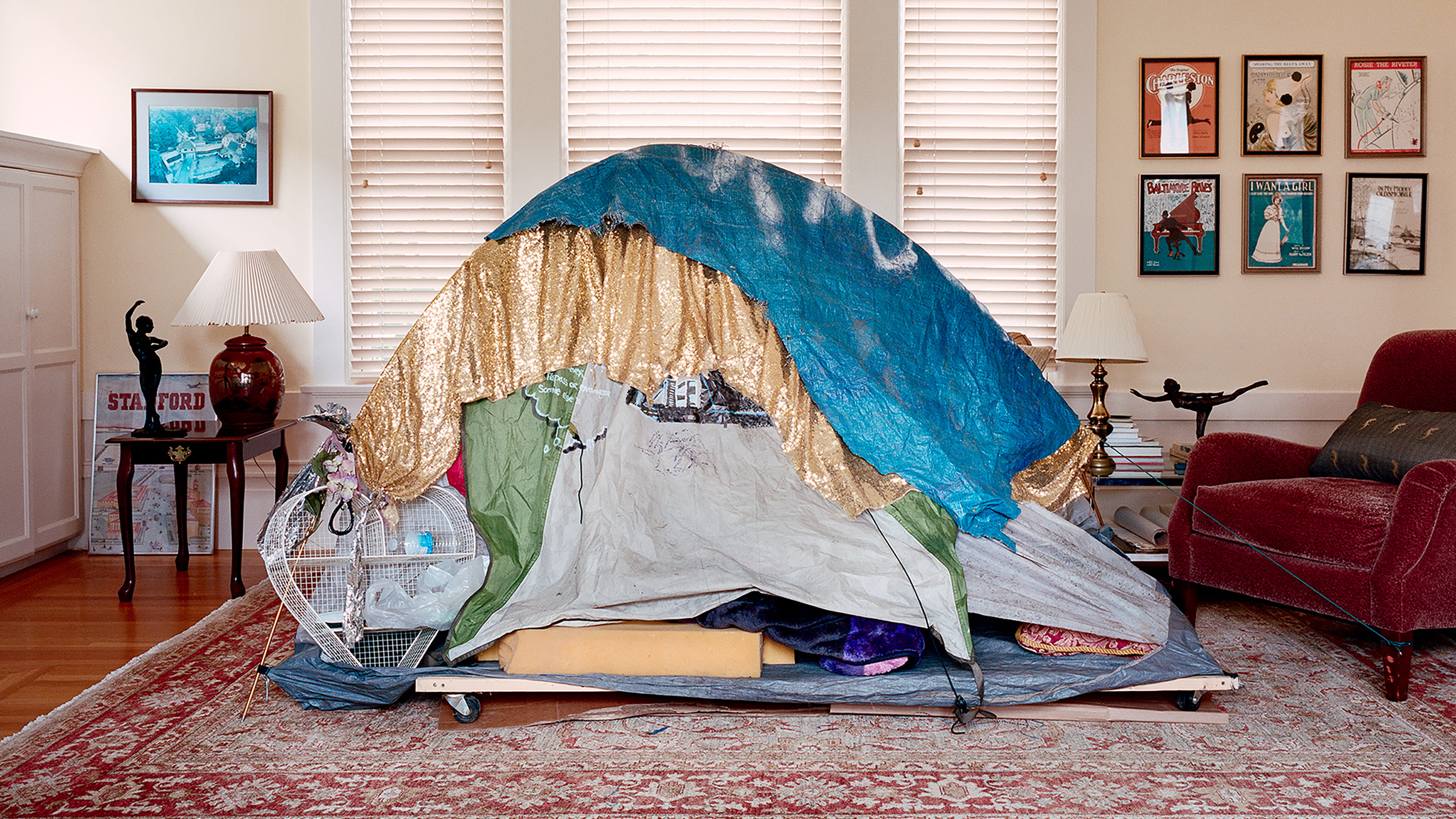 Why the meaning of home has changed (now that we can’t leave the house)
Home is more than a place. It’s a cultural concept, an ideal, a kind of loyalty. With millions of people stuck in their homes, lockdown has changed the meaning and the experience of “home”.
Why the meaning of home has changed (now that we can’t leave the house)
Home is more than a place. It’s a cultural concept, an ideal, a kind of loyalty. With millions of people stuck in their homes, lockdown has changed the meaning and the experience of “home”.


